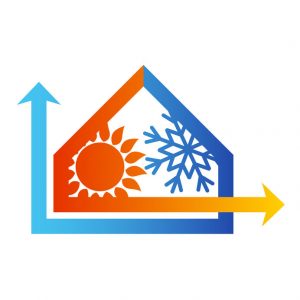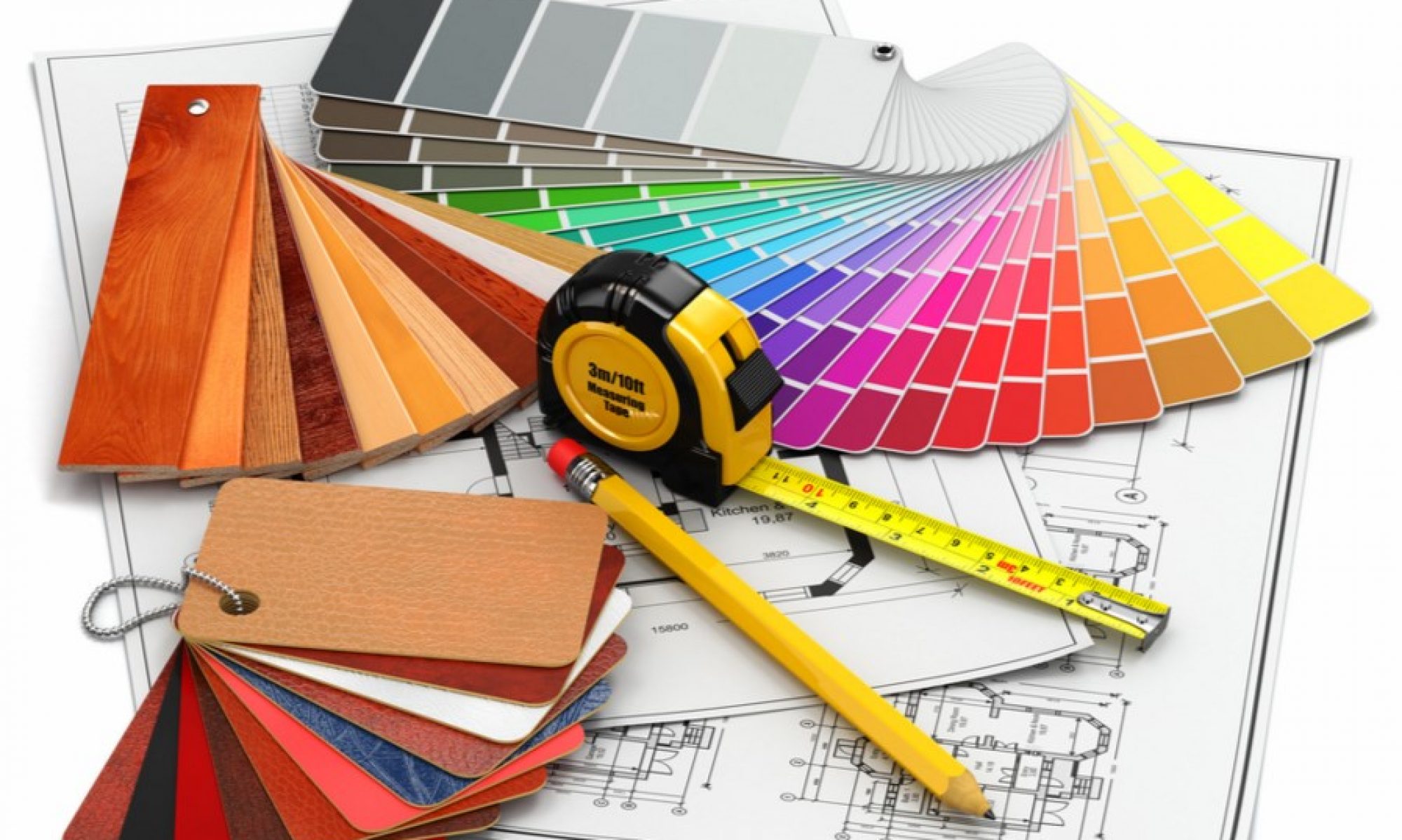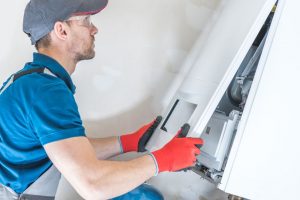Furnaces and air conditioners always break down at the most inconvenient time, when you need them the most. While some faults can be easily remedied with some simple moves, such as through the replacement of clogged filters or some minor adjustments in the settings of the system, in most cases, amateur repairs can do more harm than good and they might also make the repairs needed more expensive and more complicated than they were before the unprofessional repair attempt. HVAC repair technicians agree that homeowners should never try to repair their HVAC equipment. Here are the most common faults that require immediate intervention of a specialist.
Inconsistent Temperatures
Having uneven temperatures in your rooms is a frustrating experience. The problem can be caused by a simple issue, such as clogged components that prevent proper air circulation in your home, but it might also be a sign of a serious fault, such as incorrect installation or clogged ductwork. Inconsistent temperatures can be a result of an incorrectly sized system – if the capacity of your HVAC is not right for the size of your home, the appliance will be unable to maintain the temperature stable in all the rooms connected.

Stale Air in Your Rooms
Your furnace heats the air in your rooms, therefore the unit has a direct impact on the quality of the air in your home. If your furnace has not been maintained in a long time, it might deliver dirt, bacteria and other contaminants into the air, making it unpleasant or even dangerous to breathe, especially for people who suffer from respiratory affections, such as asthma or allergies. If you notice that the amount of dust has also increased in your rooms, the problem is surely caused by a malfunctioning furnace. In many cases, the culprit is only a dirty filter and the issue is very easy to remedy, but in some cases, the issue is caused by a more severe problem of the furnace. To diagnose the fault and to find the most suitable remedy, call an Englewood heating service technician right away.
Strange Noises Coming from the Furnace
Any buzzing, hissing, banging or rattling signals that your HVAC is struggling and requires a service call. Hissing might mean that your furnace is leaking air somewhere, banging might come from a part that has become loose, all these being problems that can be safely and correctly remedied only by a professional.
The Unit Does Not Turn on
Coming home to a cold building even if you know that you have turned on your furnace before you left is another sign that your HVAC needs to be inspected by a HVAC technician and it probably needs repair as well. In most cases, the issue is caused by thermostat damage or disconnected wires in the unit, but the unit needs to be correctly assessed by a professional.
The Smell of Gas
If you smell gas in your rooms, turn off your furnace and open the windows right away, then call a service technician immediately because the problem indicates a fault of the carbon-monoxide detector as well as another sever issue and the furnace is dangerous to use.

